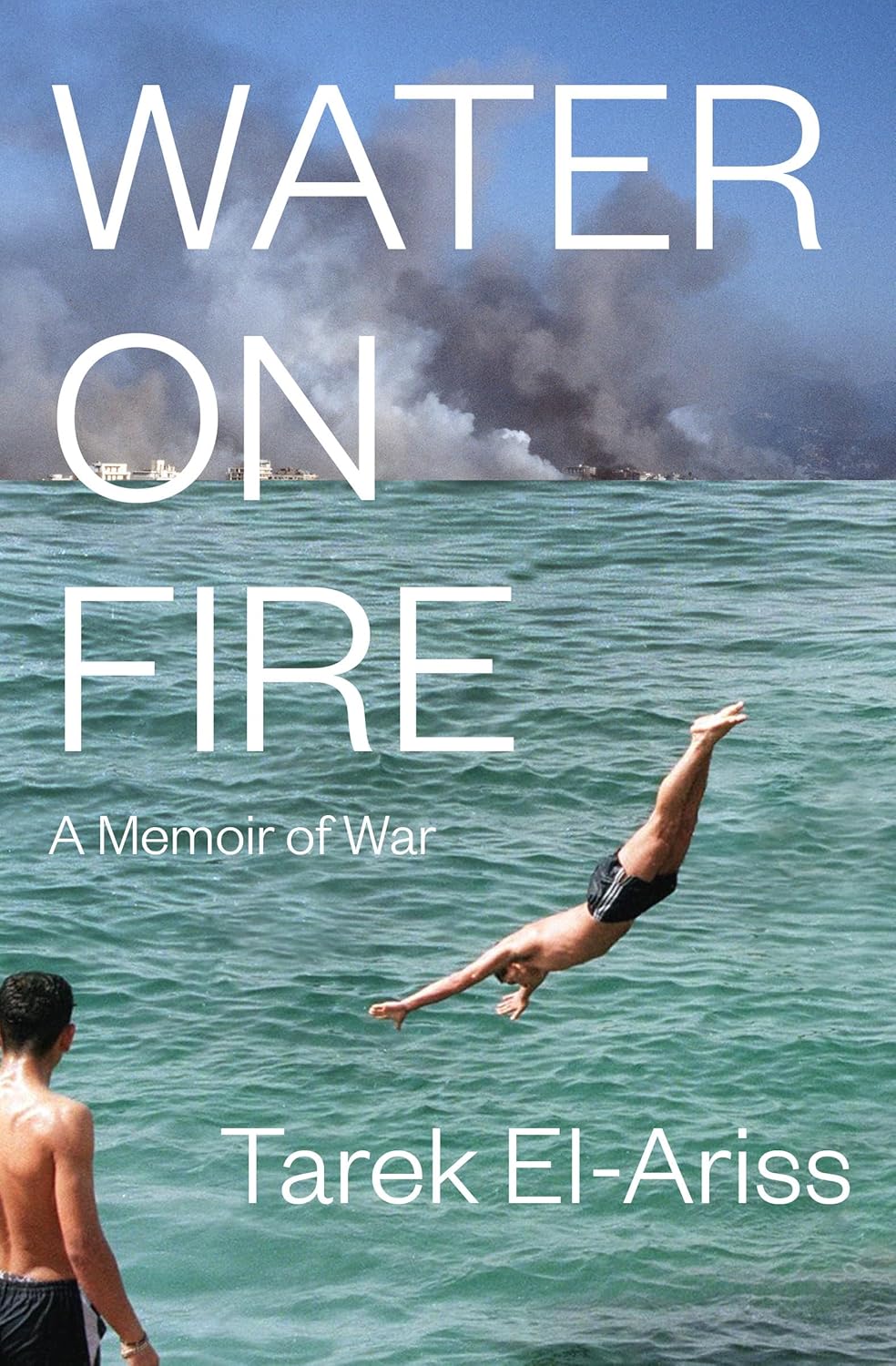Synopsis
In this evocative, insightful memoir, a leading voice in Middle Eastern Studies revisits his childhood in war-torn Lebanon and his family’s fascinating history, coming to terms with trauma and desire.
Water on Fire tells a story of immigration that starts in a Beirut devastated by the Lebanese Civil War (1975–90), continues with experiences of displacement in Europe and Africa, moves to northeastern American towns battered by lake-effect snow and economic woes, and ends in New York City on 9/11. A story of loss, but also of evolution, it models a kind of resilience inflected with humor, daring, and irreverence.
Alternating between his perspective as a child and as an adult, Tarek El-Ariss explores how we live with trauma, poignantly illustrating the profound impact of war on our perception of the world, our fears and longings. His memoir is at once historical and universal, intellectual and introspective, the outcome of a long and painful process of excavation that reveals internal turmoil and the predicament of conflict and separation. A contemporary “interpretation of dreams” dealing with monsters, invisible creatures, skin outbreaks, and the sea, it is a book about objects and elements, like water and fire, and about how encountering these elements triggers associations, connecting present and past, time and space.


